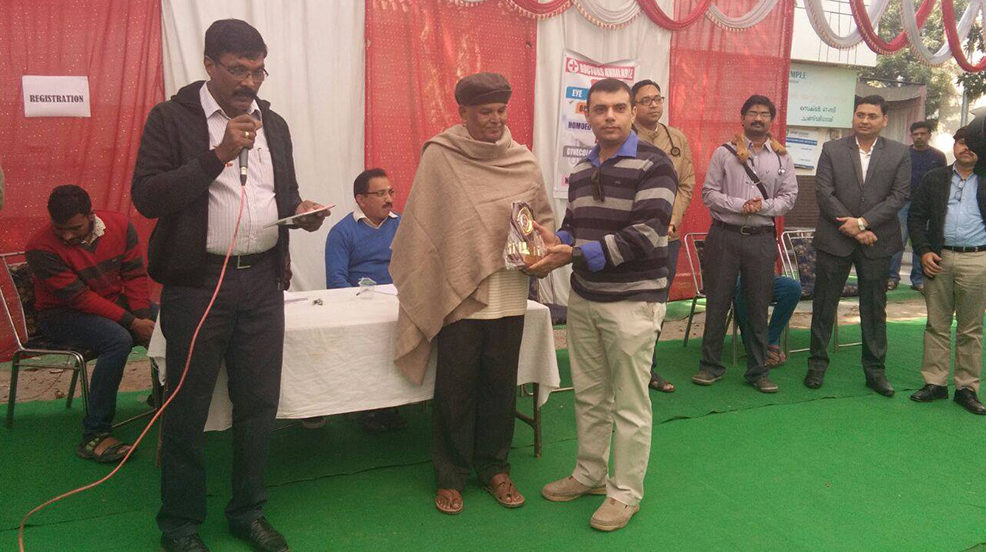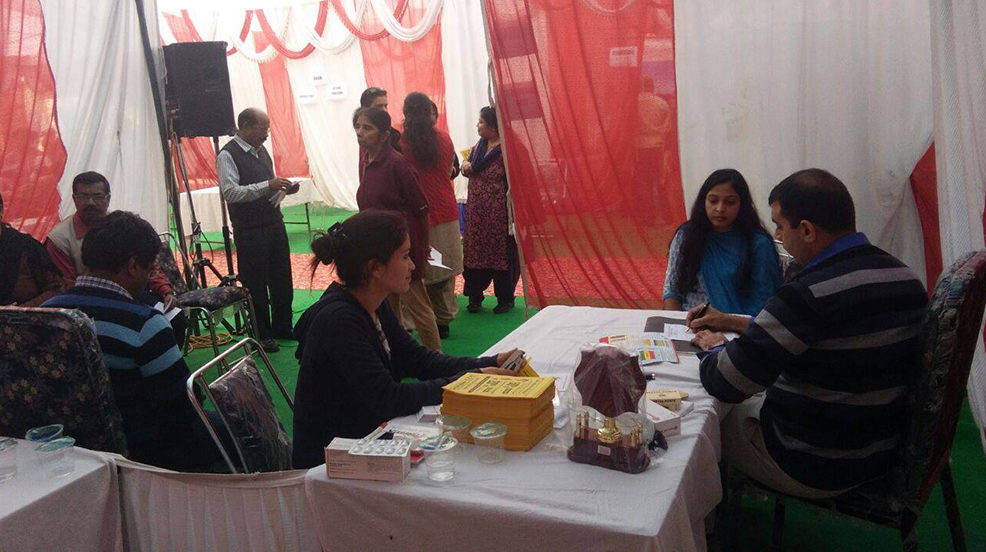Tendinitis is a discomfort of the tendon. It results in pain outside the joint. There are many tendons in the body, but this condition is mainly witnessed in wrists, heels, shoulders and elbows. Some frequently used names for different kinds of tendinitis includes pitcher’s shoulder, tennis elbow, jumper’s knee, golfer’s elbow and swimmer’s shoulder.
Symptoms of tendinitis:
Symptoms of tendinitis are witnessed at the point of contact between bone and the muscle. Some of the signs of tendinitis are tenderness, swelling and a dull ache while moving the affected joint. Even constant pain can be felt in some cases.
What are the causes of tendinitis?
Tendinitis is frequently observed among athletes. If a job involves repetitive motion of a particular joint, the stress on the tendons can result in tendinitis. It is therefore very important for athletes to use the right technique in order to refrain from tendon related problems. Trauma can also result in an injury to the tendon.
Risk factor of tendinitis:
Risk factors for this condition include job, occupation, and sports. As a person gets older, tendons tend to lose their flexibility, which can lead to an injury of the tendon. If the job of a person involves frequent reaching of the overhead, vibration, repetitive motion and forceful exertion, he might face an injury to the tendon resulting in tendinitis. Last but not the least, tendinitis is very common among players who are involved in sports such as basketball, tennis, golf, baseball, running, cricket and bowling.
What are the complications involved?
Tendinitis can aggravate to tendon rupture of proper treatment is not done on time. Tendon rupture needs a surgical procedure to fix. If tendon pain lasts for few weeks at stretch, there is a good chance that the condition has turned into tendinitis.
Diagnosis:
Diagnosis of tendinitis can be done with the physical exam itself. A doctor might want to look at an X-ray scan to negate other condition that might be causing the pain.
Treatment:
Treatment includes the prescription of pain relievers. Topical creams can also be prescribed to relieve the pain. Doctors often suggest corticosteroids be injected along the tendon in order to relieve tendinitis. If the condition is not very serious, a doctor might suggest specific exercise such as eccentric strengthening to fix the condition.
If the condition is severe, the doctor might want to go for a surgical procedure to fix tendinitis. Especially in conditions where there is a tear in the tendon. Another invasive technique to treat tendinitis is the needling of scar tissue. This procedure is performed under anesthesia thereby causing less pain to the patient.





